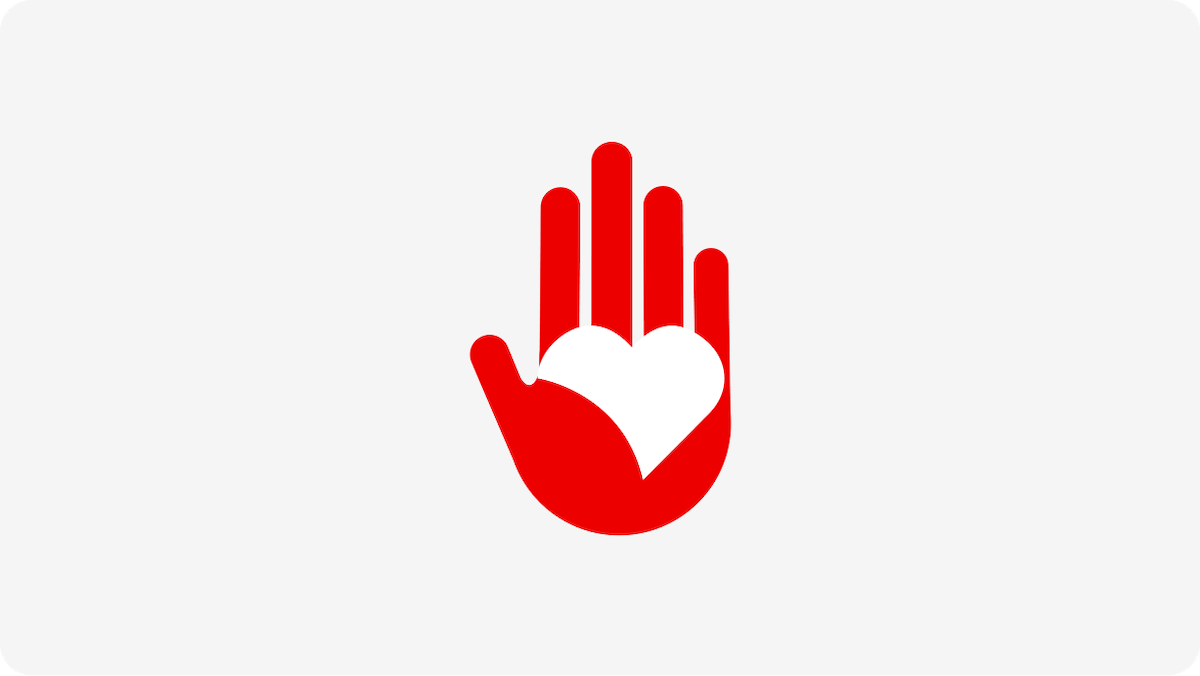Domestic and Family Violence support - NAB
We’re here to help you
If you're experiencing family or domestic violence or financial or elder abuse, we encourage you to reach out to our Extra Care specialist team as early as possible. Our Extra Care specialist team will be able to discuss your circumstances with you and discuss how we can support you to safely manage your banking.
Reaching out is free and confidential. It won’t affect your banking with NAB and is a step towards getting the help you need. In some cases, with your permission, we may connect you with trusted referral partners to help you get the right support.

Banking safety review
We can support you with a banking safety review, which may include:
- checking how many devices your Internet Banking (IB) is registered on
- removing any unsafe devices where appropriate
- updating your contact information
- changing joint account settings
- updating passwords and enabling multi-factor authentication
- updating your mailing address
- updating your email address.
We can help you to take steps to protect your money when going through a separation.
We can also assist if you’ve received abusive transactions or need help accessing past statements and direct debits.
Individual account set-up
We can help you set up your own account(s) and make sure you receive communications securely. You can choose to:
- receive statements, letters and cards online
- nominate a safe mailing address.
We’ll work with you to ensure your account details and communication preferences are set up in the safest way possible.
Financial assistance
If you are worried about making repayments such as home loan or credit card repayments, you can request financial assistance, including options like a payment break or a flexible payment arrangement.
You can ask for financial help using NAB Messaging by logging into NAB Internet Banking or the NAB app. Once you message us, our dedicated team will follow up with a phone call to discuss your situation.
To learn more, visit Financial assistance
Referral assistance
We can help you connect with trusted referral partners who may be able to provide additional support. Whether you need specialist services or help beyond banking, we are here to guide you through the process and connect you with the right organisation.
You can also visit Ask Izzy to find services and resources that meet your needs.


Accessible help for everyone
We offer a range of accessible services to help you access the right support, in the way that works best for you.


What is domestic and family violence?
Family violence refers to any behaviour that controls or dominates a family member in any way, or causes them to fear for their own, or another person's safety or wellbeing. The family relationship can be between people of the same or opposite sex, a parent and a child, or siblings and other relatives. Domestic and family violence can include these types of abuse.
Using money to harm someone
This may include making someone ask for money or giving them an allowance, taking their money or forcing them to take out loans they don’t want or don’t know about, or not letting them know about or have access to family income.
Harming someone emotionally
This may include making someone feel bad about themselves, calling them names, making them think they’re ‘crazy’ and that the abuse is ‘normal’, humiliating them or making them feel guilty.
Causing psychological distress
This may include behaviour by a person towards another person that torments, intimidates, harasses or is offensive to the other person. It may also include actions such as stalking.
Physical abuse
Physical violence or abuse involves intentionally using force to harm or intimidate through threats or acts of physical harm or destruction of property.
Unwanted sexual behaviour
Any kind of sexual activity that someone is forced, coerced or tricked into doing when they didn’t want to or there is no consent.
Verbal abuse
Verbal abuse can include yelling, swearing, demanding or ordering, threatening language, blackmail, constantly blaming a partner or manipulation.
Misusing spiritual or religious beliefs
When someone uses spiritual or religious beliefs to hurt, scare or control someone. It can involve another person or their children being forced to participate in spiritual or religious practices or refusing to allow them to participate in their own spiritual or religious practices.
External support for domestic and family violence
Many organisations are committed to supporting individuals who are impacted by domestic and family violence. If you are experiencing domestic and family violence, these organisations can work with you to provide specialist support. If there is an immediate threat to your safety, please call 000.
1800RESPECT , opens in new window
1800Respect exists to support anyone at risk of or impacted by sexual assault, domestic or family violence. For 24/7 confidential support, counselling and information call 1800 737 732. They can also direct you to local support services.
Relationships Australia , opens in new window
Community based, not-for-profit organisation that provides relationship support services for all people in Australia. The organisation focuses on counselling, dispute resolution and supporting people in building positive and respectful relationships.
Lifeline , opens in new window
Lifeline a national charity that provides all Australians experiencing a personal crisis with access to 24-hour crisis support and suicide prevention services. For crisis support call 13 11 14.
Ask Izzy , opens in new window
Ask Izzy is an A-Z directory of community support services. These include emergency housing, meals, money, legal advice, domestic and family violence support and more.
Centre for Women's Economic Safety (CWES) , opens in new window
The Centre for Women's Economic Safety (CWES) supports women experiencing, at risk of experiencing, or recovering from financual abuse in the context of domestic and family violence.
National Elder Abuse Helpline , opens in new window
If you or someone you know may be at risk of, or experiencing elder abuse, call the National Elder Abuse Helpline on 1800 ELDERHelp (1800 353 374).
No to Violence Men’s Referral Service , opens in new window
A national service offering confidential counselling, information and referrals for men who want to change their behaviour. If you're concerned about your own behaviour or someone else's, call 1300 766 491 for free and confidential help.
Mensline Australia , opens in new window
MensLine Australia offers free professional 24/7 telephone counselling support for men with concerns about mental health, relationships, anger management, family violence (both abusing and experiencing), stress and suicidal thoughts. Call 1300 789 978.
Support close to you
-
Safe Steps
The Safe Steps response phone line connect women and their children with specialist support workers who can help them explore options.
In Touch
In Touch have case managers that work with multicultural communities and refugee women who have experienced family violence and need assistance to recover. -
Domestic Violence WomensLine
Womensline offers free, specialist crisis counselling, as well as information, referrals and support to people living with domestic and family violence.
Domestic Violence MensLine
Confidential telephone crisis counselling, referral and support service for men living in Queensland. -
Victim Support Service
Provides free and confidential help to adult victims of crime, witnesses, their family, and friends across South Australia.
Domestic Violence Crisis Line
Supports women and children who are experiencing and/or escaping domestic and family violence. Can support with facilitating access to safe accommodation. Counselling (on the phone and face to face) and other support services and resources.
-
NSW Domestic Violence Line
This service is for female and female identifying, that provides counsellor support and get you connected to legal service, emergency accommodation and other tailored support. -
Domestic Violence Crisis Line
Provide tailored support such as emergency and long-term support, advice and connecting you to relevant resources and services. -
Safe at Home Family Violence Referral Line
Provides a range of services working together to protect and support victims of family violence, including young people and children, while making offenders responsible for their behaviour.
DHHS Family Violence Counselling
Offers free, confidential and specialised services to assist children, young people and adults affected by family violence.
Tools and resources
Wherever you are in life, find the tools and resources that make managing your money easier.
Customer Care Kit
Explore our comprehensive guide to community support services available to you.
Financial abuse and elder financial abuse support
Support if someone is using money to harm or control you.
Gain financial independence after separation
Taking control of your finances after a divorce or separation is a big step towards independence. Here's how to get started.
Letter of Authority support
Learn how to lodge and manage a Letter of Authority (LOA) with NAB when needing hardship support.
Get in touch
Visit a NAB branch
Visit your nearest NAB branch to speak to us in person.
Give us feedback
Suggestions, compliments and complaints.
Important information
Apologies but the Important Information section you are trying to view is not displaying properly at the moment. Please refresh the page or try again later.





